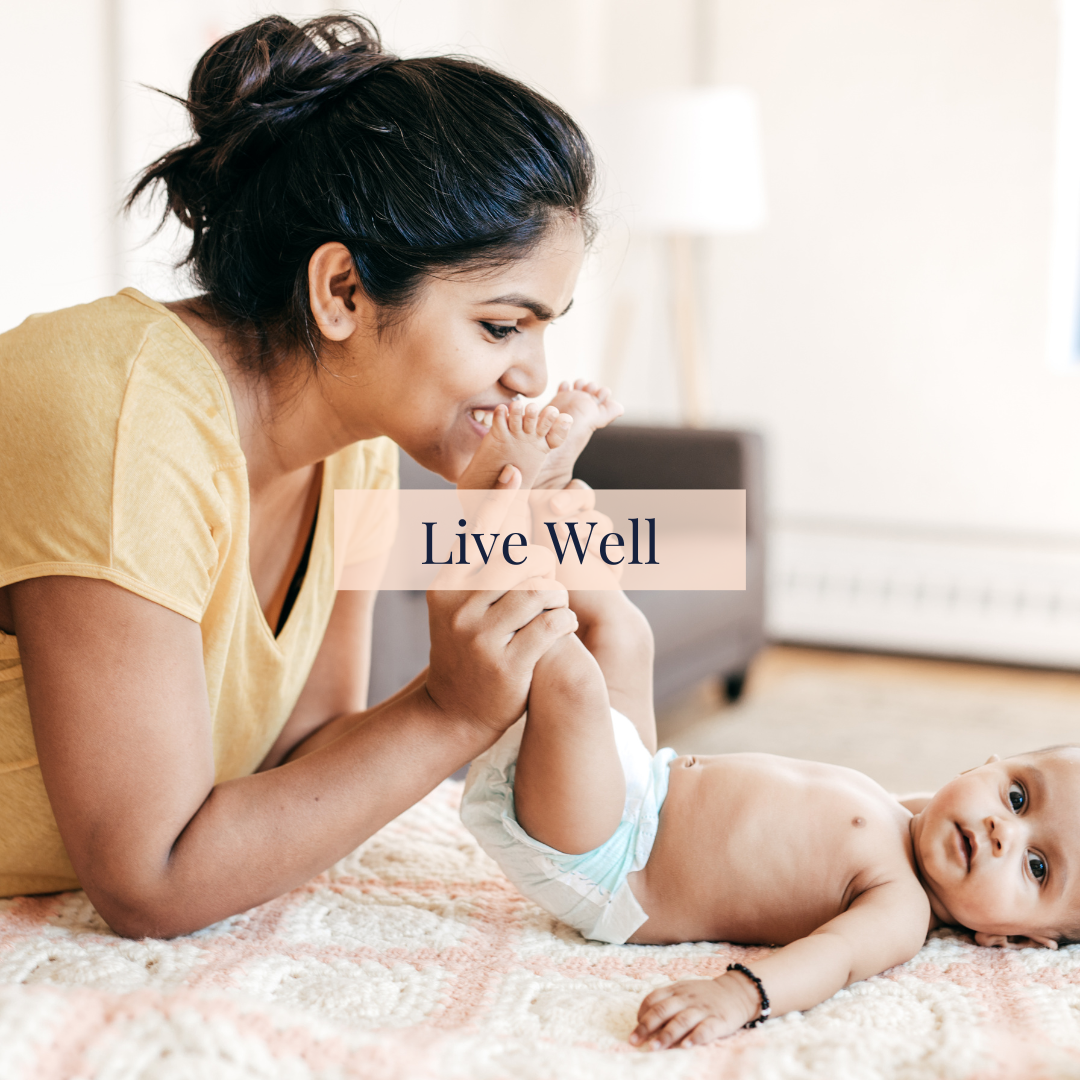

Postpartum is forever, as they say. But why do they say it? Surely you can’t always be postpartum… can you?
Well, the language is tricky! As body image and exercise coaches, we understand the sentiment behind the “postpartum is forever” slogan. Once you’ve been through the process of pregnancy, birth and becoming a parent, your life and your body are forever transformed. Truly.
In the history of “postpartum fitness” we’ve often seen mental and physical recovery timelines that are unrealistically short and devoid of context.
6 weeks to get back to work, exercise, sex and your selfhood? OK, show me the fairy Godmother who’s making that happen.
9 months in, 9 months out? Who made up that rule?
Postpartum Recovery Is as Unique as Your Little One
If you’ve got one kiddo, you know that they are the most special, interesting, and unique creature ever to walk the earth. It’s okay. We all think it, so it must be true, right?

And if you’ve got multiple babes you know there are infinity combinations of physical, mental and emotional qualities that come together to make each unique human, even from the same lineage.
Well, it’s the same with your postpartum recovery timeline.
Each pregnancy, birth, infant and circumstance is different, even for the same mother or birther, each time.
Consider the following questions when you wonder if your postpartum healing and return to “normalcy” is advancing at an appropriate rate:
- is this your first, second (and so on…) postpartum period?
- were you physically well and able to be active and to pursue supervised exercise during pregnancy?
- did you receive birth education and postpartum healing education?
- do you face mobility issues or have disabilities which affect your rate of healing, movement and/or health?
- what was your immediate postpartum experience and the state of your infant’s health?
- do you have access to a qualified pelvic health physical therapist for pregnancy and postpartum assessments and individualized treatment plans?
- did you deliver by cesarean birth, vaginal birth, or perform a combination of both?
- what resources and support has been available to you in postpartum for the preparation of nourishing food, childcare, hygiene, mental health, hobbies and social needs?
- have you followed a progressive re-training exercise program for your full-body mobility and strength, and for your core and pelvic floor?
- are you struggling with your relationship with your postpartum body and/or your feelings about fitness and exercise, in general?
These factors affect not just your experience, capacity for healing and expectations, but they’re also affiliated with comparatively more or less “easy” healing in postpartum.

Medical Phases of Postpartum Recovery
There’s recovery, when your joints and tissues have resumed their normal states, and then there’s recovery, when you feel confident and calm in your body and mind. It’s probably not a surprise to you that medical recovery is waaaaaay faster than exercise, life, physical and mental health recovery for many moms and birthers.
When doctors consider “postpartum,” they’re looking at three distinct phases. From the Journal of Prenatal Medicine:
- 6-12 hours postpartum: This is a time of rapid change with a potential for immediate crises such as postpartum hemorrhage, uterine inversion, amniotic fluid embolism, and eclampsia.
- 2-6 weeks postpartum: This is the subacute postpartum period, where the body undergoes massive hemodynamic, genitourinary recovery, metabolic, and emotional change and healing.
- 2-6 months postpartum: In this “delayed” postpartum period, physical and emotional changes are most gradual. Muscle and connective tissue is restored to the pre-pregnant state gradually, and medical concerns are rare.
Note that it takes NOT six weeks but six months to reach even the most general status of “postpartum healing complete.”

So what does this mean for those of us who feel like it took a year, two years or more to fully recover and step into our bodies and selves with confidence in postpartum?
The Real Life Timeline of Postpartum Recovery
-ish.
Because only YOU can say what the timeline has looked like for YOU. And, ultimately, that’s all that needs to matter to you and your loved ones and your health professionals.
But, because understanding and guiding people through post-birth recovery, return to function, exercise and body image is ? our thing, here’s what we’ve discerned in our decades of doing this.
- 0-12 weeks postpartum: This is the actual period of immediate physical healing, bleeding, cramps, and mental reorganization we’ve witnessed in postpartum people and mamas.
- 2-12 months postpartum: This period is one of gradual physical and emotional healing, which can be complicated by return to work and/or return to physical labour or sports at different points and with differing orthopaedic, mobility and/or mental health challenges.
- 12-24 months postpartum: This is what we believe is truly required for most moms and birthing people we know to recover core confidence, greater full body strength and endurance, and to feel at home in their changed body and routine.
Postpartum recovery is often affected or interrupted by another pregnancy, a change in health, financial, or mental health status, or a change of work or sporting demands.
Also worth noting is that this timeline assumes some moderate but intentional work toward recovery in the manner we recommend: 3 days per week of focused strength and mobility, 10-30 minutes each time, and daily life/chores/movement as desired and required. If healing well is a priority for you, we highly recommend accessing the services of a pelvic health physical therapist and trusted postpartum exercise program.
?Remember, these timelines are just generalizations and observations from our work. This doesn’t mean you should strive to “fit” our generalizations, any more than you should believe the milk actually expires today like it says. You can definitely put it in your coffee, because milk doesn’t know what the date is. It’s either good or it’s spoiled.
Your body doesn’t know what date it is, either.
It’s either feeling one way or another. Capable of one thing or another. Experiencing one thing or another. And it might not look anything like our timeline, you sister’s timeline, or your mom friend’s timeline.
Your body will communicate with you. You just need to provide it with gentle challenge and enough movement to feel well, and that definitely looks different at 12 weeks versus 12 months postpartum.
Which timeline sounds most like your experience? Did you have a completely different timeline? Share your postpartum recovery experience below!
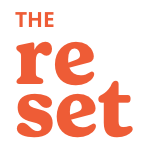

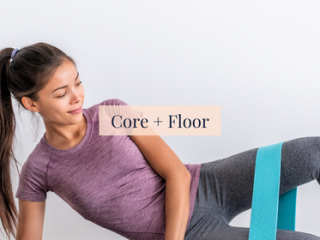
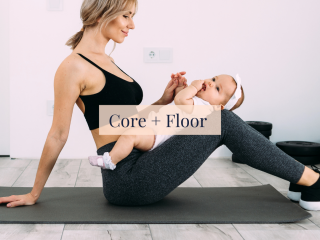
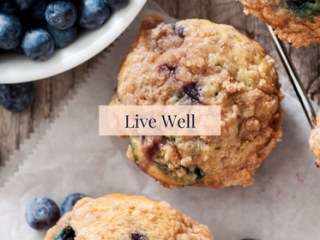

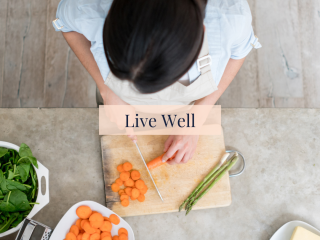

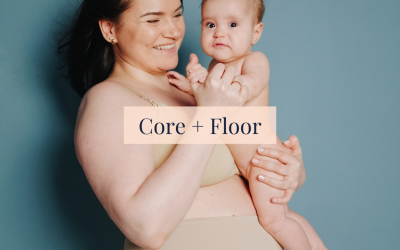
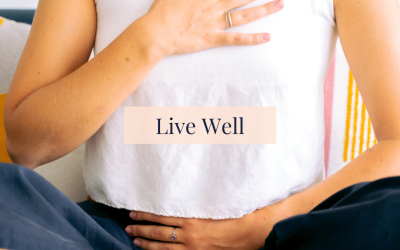

0 Comments